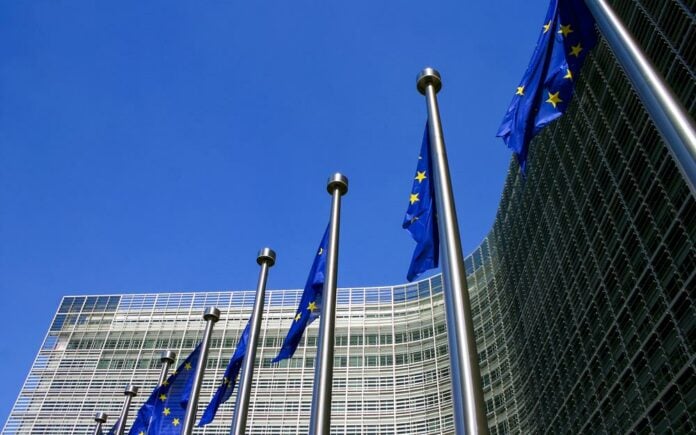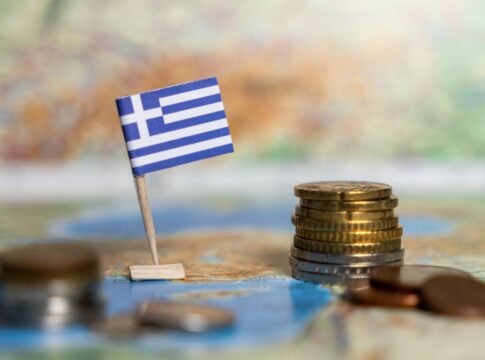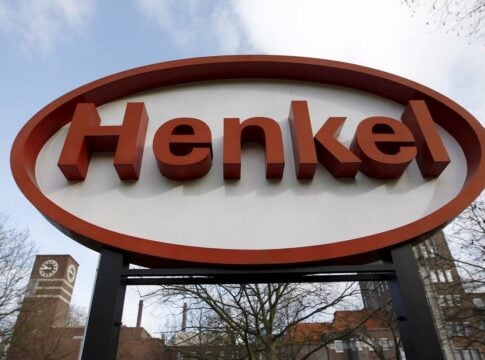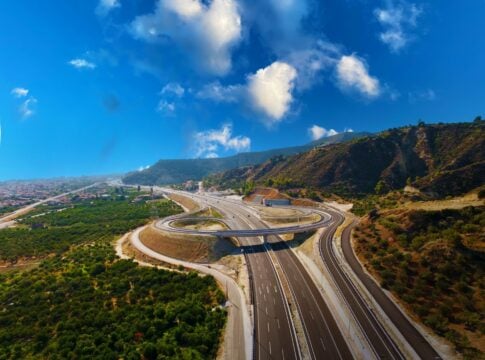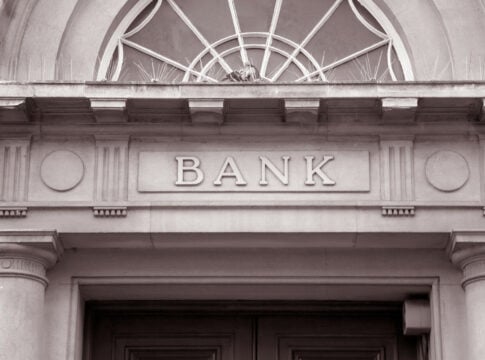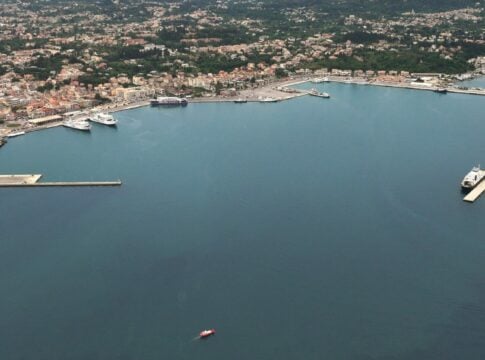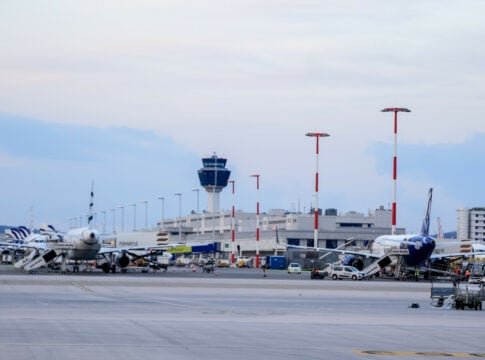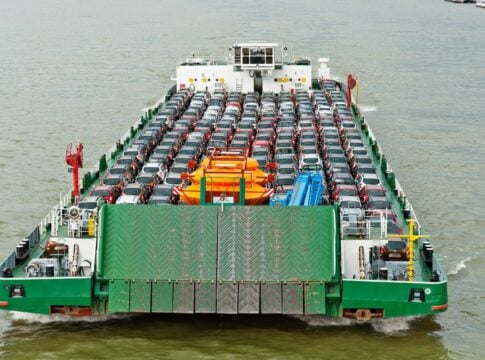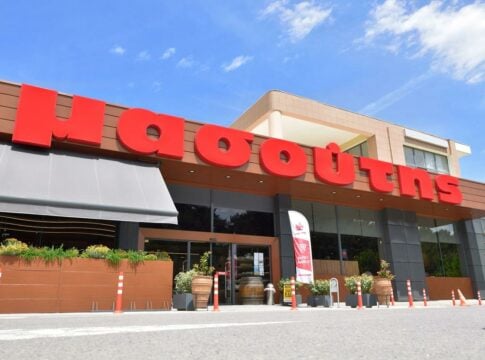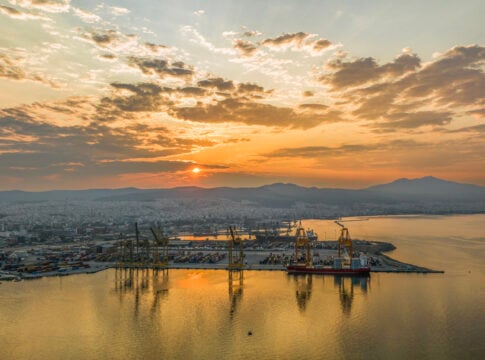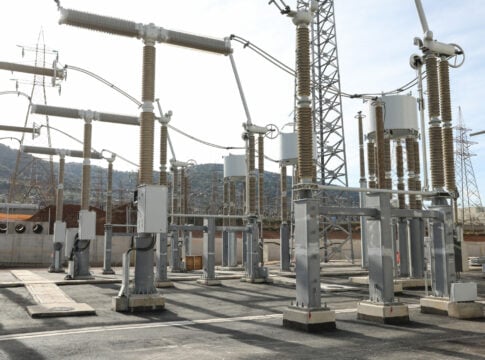By Dimitris Avramopoulos
The European Union is at an existential crossroads. This is not simply another period of turbulence but a decisive moment in which its very future can no longer be assumed. For the first time since the Cold War, the very idea of Europe—as a political and historical project—is under question.
The image of European leaders gathered outside the Oval Office, reduced to secondary interlocutors between Donald Trump and Volodymyr Zelensky, offered a striking metaphor for Europe’s diminished role. A continent that once shaped global affairs now risks appearing more as spectator than actor.
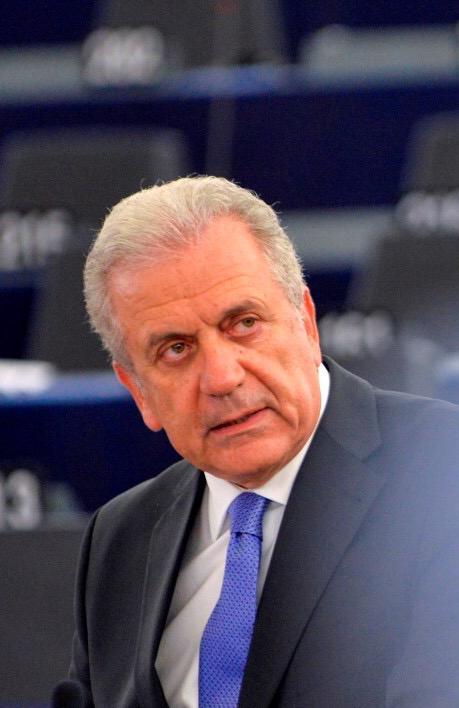
Despite its economic power, the EU has slipped into passivity. Its role in peace efforts over Ukraine has been marginal, its influence in Gaza negligible, and China does not view it as a peer. These realities have shattered the illusion that economic might alone can translate into geopolitical weight.
The European dream is withering, detached from the founding vision. The Union increasingly resembles a mechanism without breath, imagination, or leadership—an affluent island adrift in oceans of competitors. National leaders, fearful of domestic political cost, have turned inward and abandoned Europe’s collective responsibility. The problem is not external rivals but internal retreat: the voluntary withdrawal of governments from the European ideal.
Even with annual defense spending exceeding 800 billion euros, the absence of a genuine common foreign and security policy nullifies Europe’s strategic relevance. When every member state follows its own course, the result is fragmentation, not unity. That weakness does not produce security but division—and feeds the populism waiting in the wings.
Mario Draghi has offered three words as antidote: skepticism, courage, and good debt. Skepticism, he argues, should not be directed at Europe’s values—democracy, peace, freedom, social protection—but at its ability to defend them. Courage is indispensable if Europe is to overcome 15 years of passivity. And “good debt” is the instrument to finance a new generation of investment, just as eurobonds did during the pandemic.
This also means abandoning the outdated prescriptions of neoliberal orthodoxy: blind faith in free trade, austerity policies, and the illusions of a globalization that has already passed. The world that created them no longer exists. Europe must chart a new course, with a social model that marries growth, cohesion, and strategic strength.
History issues a stark warning. After the crash of 1929, inward-looking inertia opened the way for nationalism and authoritarianism. The Weimar Republic did not collapse from foreign invasion but from the disillusionment of its own citizens. Today, the same pattern threatens to repeat itself. Populism and nationalism are swelling dangerously, once again putting the European project at risk.
The choice is clear: either Europe finds the courage to move toward political unification, recover its strategic ambition, and return to its values—or it will drift slowly into disintegration. Leadership is not about waiting for crises to dictate action; it is about anticipating them and mobilizing the future before the past engulfs you.
Who, then, will inspire Europe’s leaders—national and European alike—to take that leap? Could a new European movement emerge, capable of reigniting the project? Or will it take history itself—through a deeper crisis or tragedy—to awaken responsibility? Predictions are difficult, but history and intuition leave little doubt about the danger of doing nothing.


